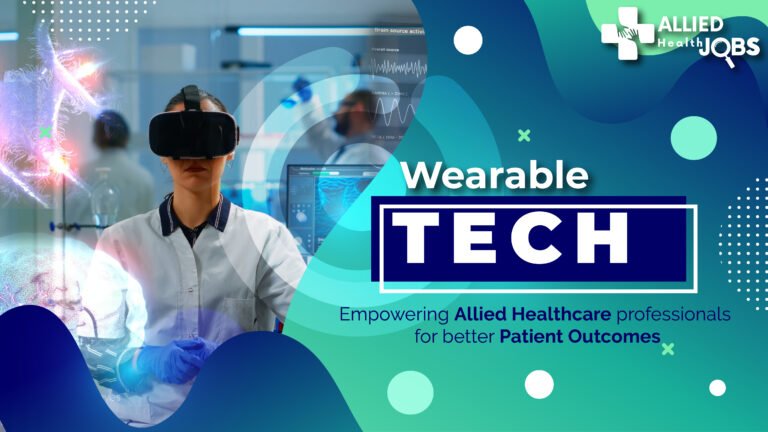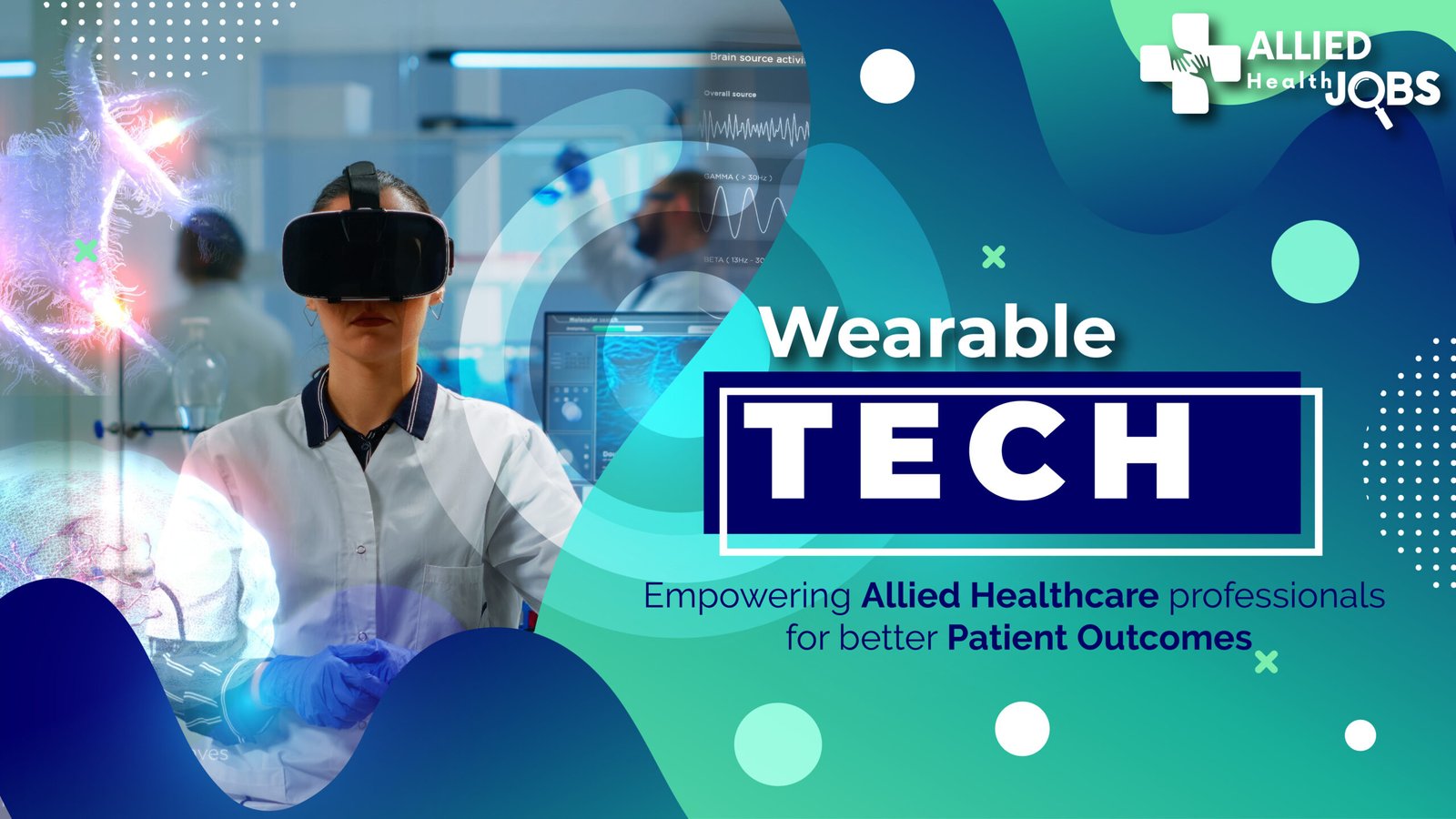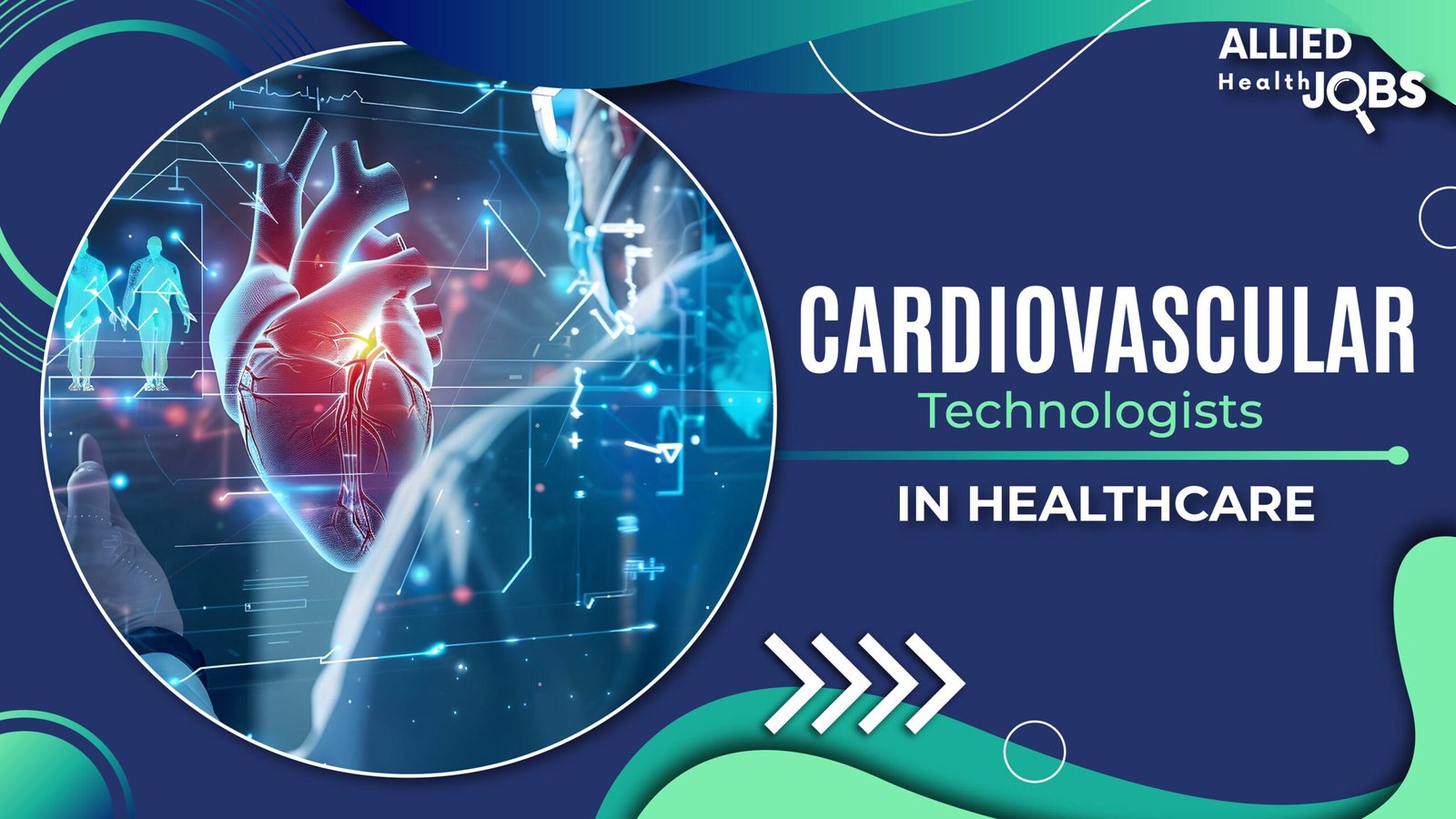Table of Contents
ToggleThe Allied Healthcare industry plays a vital role in ensuring the good health of the people of the country. People only think about doctors and nurses in connection with healthcare, but in reality, there is a whole world of professionals working behind them who play a critical role in ensuring that the whole healthcare system runs smoothly. They fall in the category of allied healthcare jobs, whose importance is growing rapidly as we look forward to the future of medicine. From working physical therapists and radiologists to medical laboratory technicians and dietitians, allied healthcare workers are at the backbone of the healthcare system and work effectively to give a comprehensive outlook on patient care.
Expanding Medical Careers

With each technological and medical discovery, there is an evolution in medical care. This has led to an increase in diversified medical careers that are not included in traditional medical careers. Allied health professionals are part of providing specialized care necessary for diagnostic purposes, treatment, and rehabilitation.
In contradiction, jobs in allied healthcare professions account for over 60% of jobs in the health services sector which underscores their important place within the system. In the changing scenario of healthcare, the need for these professionals will continue to increase.
Closing the Health Gap in Care Access

Moreover, the biggest challenge in healthcare today is accessibility. As doctors and specialists who are often concentrated & focused on urban centers, allied healthcare professionals usually practice in smaller towns, rural areas, and community health centers to make healthcare accessible for one and all. Allied healthcare professionals bridge gaps in healthcare access so that, irrespective of their locale, the people in that land may enjoy healthcare service through health care when it is most needed.
For instance, physical therapists sometimes work in rehabilitation centers, and other times, they travel to patients’ homes. This means that services are provided in areas otherwise unlikely to have access to needed care. Medical technologists provide accessibility of diagnostic services directly at the local level; patients do not need to travel too far for tests and results.
Why Future Depends on Allied Healthcare

As the population ages and chronic diseases become more prevalent, there will be an ever-greater need for individualized, lifelong care. The future of medicine will depend on allied healthcare jobs to provide their interventions. These professionals are uniquely equipped to deliver specialized, comprehensive care-they don’t just treat illness but enhance lifestyle.
For example, it has been made feasible to provide remote care to those patients whose allied health professionals can be assisted with technology integration from geographical locations by monitoring them and working in teams with other healthcare providers. This is to be expected, however, to continue advancing toward more efficient and patient-centered forms of care.
Allied Healthcare careers are the future of medicine. Allied healthcare professionals’ role grows in proportion to the ever-great demand for healthcare services. Diverse medical careers must ensure holistic, accessible, and advanced patient care. This career offers the most rewarding opportunity aligned with diagnostics, rehabilitation, and preventive care toward being at the heart of modern medicine’s future.
Follow us on Social Media: LinkedIn | Facebook | Twitter | Instagram










